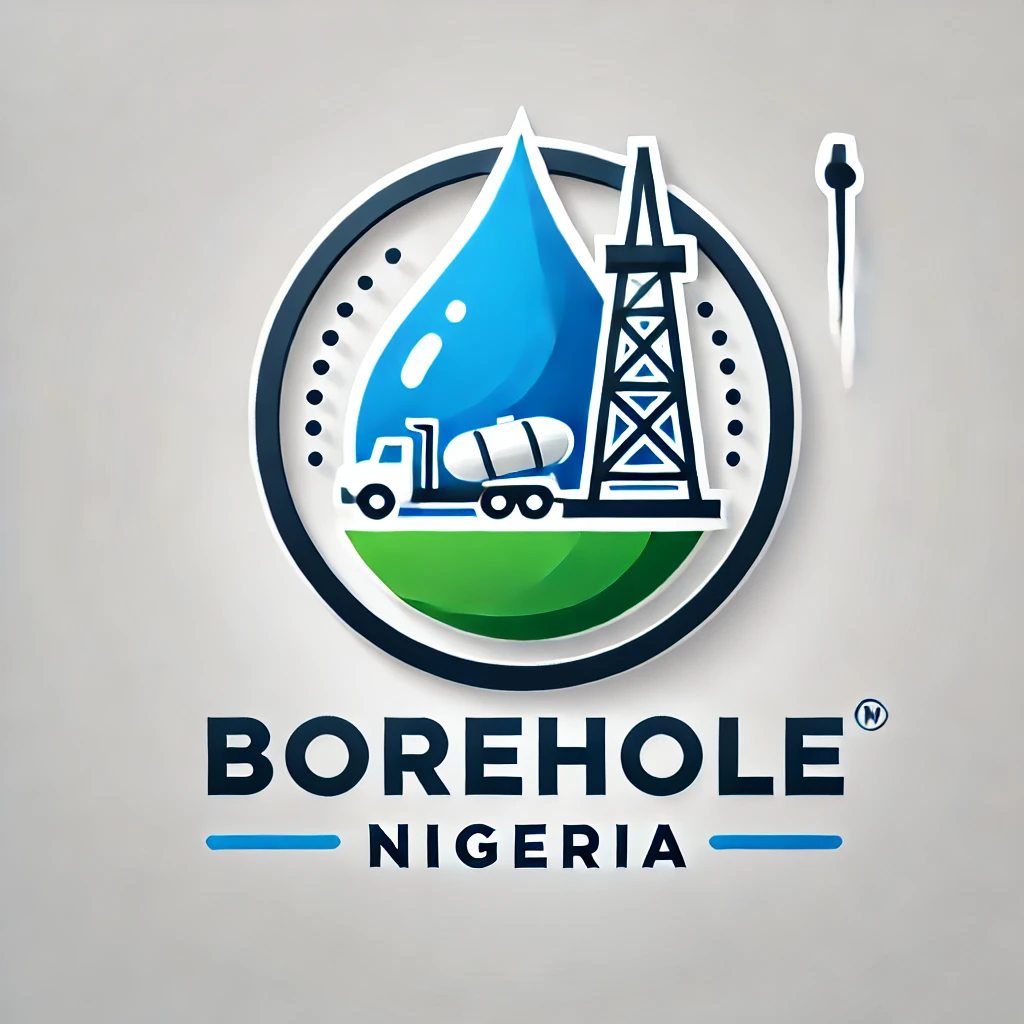Drilling a water borehole in Nigeria is a significant investment and requires careful planning and consideration to ensure a reliable and sustainable water source. Here are key factors to consider before drilling a water borehole in Nigeria:
1. Conduct a Hydrogeological Survey
- Importance of a Survey: A hydrogeological survey is crucial to determine the location, depth, and yield potential of a borehole. It assesses the geology, soil type, and groundwater availability, helping to identify the most suitable spot for drilling.
- Survey Components: The survey involves geophysical methods, such as Electrical Resistivity Testing (ERT), to understand subsurface conditions and water table depth. This helps in determining the likely depth of the borehole and the type of drilling method needed.
- Hire Professionals: Engaging experienced hydrogeologists ensures accurate results. The cost of the survey is relatively small compared to the overall investment and helps in avoiding costly mistakes like drilling in dry or unsuitable locations.
2. Understand the Local Geology and Water Table
- Geological Conditions: The type of rock formations and soil in the area significantly affect drilling costs and techniques. For example, areas with hard rock formations like granite require more powerful drilling rigs and increase costs, while sandy or clayey soils are easier and cheaper to drill.
- Depth of the Water Table: Understanding the depth of the water table is essential for estimating the borehole depth and the type of equipment needed. Deeper boreholes are generally more expensive to drill but can provide more reliable water supply, especially during dry seasons.
3. Determine the Purpose and Water Demand
- Residential, Commercial, or Agricultural Use: The intended purpose of the borehole affects the required yield and pump capacity. Residential boreholes typically have lower water demand, while commercial, industrial, or agricultural boreholes require higher yields.
- Daily Water Demand: Estimate the daily water consumption based on the number of users or the type of activities (e.g., domestic use, irrigation, livestock, manufacturing). This helps determine the necessary borehole depth, diameter, and pump size.
4. Consider Legal and Regulatory Requirements
- Obtain Necessary Permits: Most states in Nigeria require permits for drilling a borehole to regulate groundwater use and prevent environmental degradation. Contact the local Ministry of Water Resources or Water Regulatory Commission for specific requirements and fees.
- Compliance with Local Regulations: Regulations may include guidelines on borehole depth, distance from septic tanks and sewage systems, and minimum distances between boreholes. Adhering to these regulations helps avoid legal issues and ensures environmental sustainability.
5. Choose the Right Drilling Method and Equipment
- Drilling Methods: The two primary drilling methods are rotary drilling (suitable for deep and complex boreholes) and cable tool (percussion) drilling (suitable for shallower boreholes and softer soils). The choice of method depends on the local geology, borehole depth, and budget.
- Drilling Rig and Equipment: Ensure the drilling company has modern and well-maintained equipment suitable for the site’s geological conditions. Quality equipment reduces the risk of delays and ensures a properly constructed borehole.
6. Quality of Materials Used for Borehole Construction
- Casing and Screens: High-quality casing and screens are essential to prevent borehole collapse, protect against contamination, and ensure a long lifespan. PVC casings are more affordable but less durable, while stainless steel or galvanized steel casings offer better durability and longevity.
- Gravel Pack and Sealing: Proper gravel packing around the casing prevents fine particles from entering the borehole, while effective sealing (grouting) prevents surface water contamination.
7. Plan for Appropriate Pump Installation
- Pump Selection: Choose the right pump type and capacity based on the borehole depth, yield, and water demand. Submersible pumps are commonly used for deep boreholes, while surface pumps are suitable for shallow ones.
- Pump Installation: Ensure proper installation to avoid issues such as over-pumping, which can cause the borehole to run dry or reduce the pump’s lifespan. Installation should be done by experienced professionals to ensure efficiency and reliability.
8. Assess Water Quality and Plan for Treatment
- Conduct Water Quality Testing: After drilling, conduct water quality tests to check for contaminants such as bacteria, nitrates, heavy metals (e.g., iron, manganese, lead), and pH levels. These tests determine the need for water treatment.
- Install Appropriate Water Treatment Systems: Based on the test results, install the necessary water treatment systems, such as sediment filters, UV sterilizers, activated carbon filters, reverse osmosis (RO) systems, or chlorination units, to ensure the water is safe for drinking and other uses.
9. Budget for Drilling and Maintenance Costs
- Cost of Drilling: The cost of drilling a borehole in Nigeria varies widely based on depth, geology, and location. On average, costs can range from ₦350,000 to ₦3,000,000 or more. Ensure you budget for all aspects, including casing, gravel packing, pump installation, and site preparation.
- Ongoing Maintenance: Regular maintenance is essential to keep the borehole in good working condition. Budget for periodic water quality testing, pump servicing, and potential repairs.
10. Engage a Reputable Borehole Drilling Company
- Experience and Expertise: Choose a drilling company with a proven track record in the industry. Check for customer reviews, previous projects, and the qualifications of the team.
- Comprehensive Services: A good borehole drilling company should offer end-to-end services, from site surveys and drilling to pump installation and water treatment. They should also provide after-sales support and maintenance services.
Conclusion: Plan Your Borehole Drilling with Borehole Nigeria
Drilling a borehole is a major investment that requires careful planning and consideration of various factors to ensure a reliable and safe water supply. At Borehole Nigeria, we offer comprehensive borehole drilling, water treatment, and maintenance services tailored to your specific needs. Contact us today for a consultation and let us help you plan and execute a successful borehole project in Nigeria. Click on the WhatsApp button on our homepage for instant consultation!
